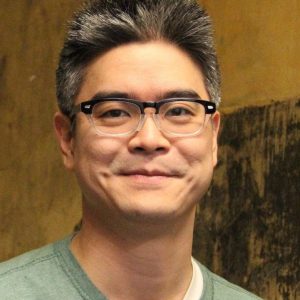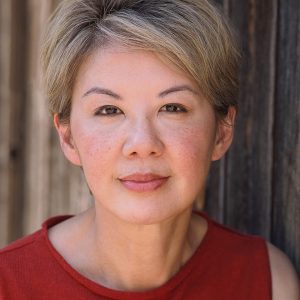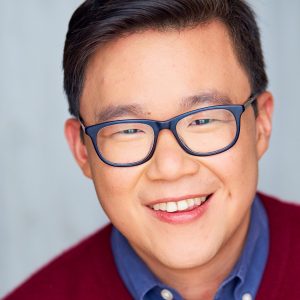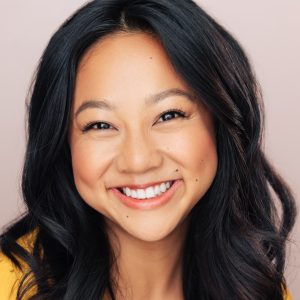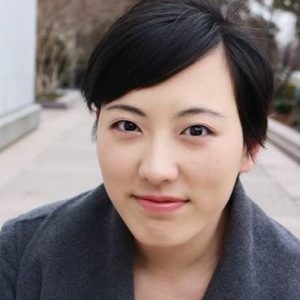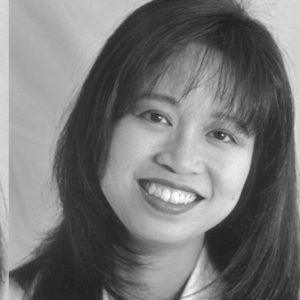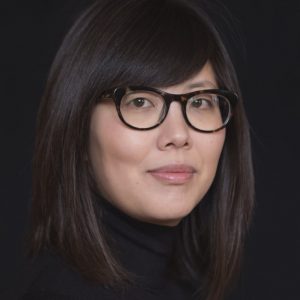Although TimeLine’s production of The Chinese Lady has been postponed, we can still start the conversation!
Inspired by the story of the first Chinese woman to arrive in the United States, The Chinese Lady unearths hidden history with humor and insight.
This live online program—presented in honor of Asian Pacific American Heritage Month and on what would have been the show’s Opening Night—featured scenes from this piercing and darkly poetic portrayal of America as seen through the eyes of a young Chinese woman performed by Stephanie Hsu (The Marvelous Mrs. Maisel, Be More Chill) as Afong Moy and Rammel Chan (Cambodian Rock Band, Vietgone) as Atung. The event also included historical insight from dramaturg Yiwen Wu and a panel discussion moderated by director Helen Young with playwright Lloyd Suh, Princeton University professor Anne Anlin Cheng, and University of Rhode Island Assistant Professor Christine Mok that illuminates the roots of the prejudice, bigotry, and hate facing today’s Asian-American and Pacific Islander community and inspires us to see and understand each other anew. See bios for all participants below.
This FREE event was presented live online for one night only. A recorded version of the event is now available to view on demand:
WATCH THE RECORDED VERSION
Explore ways to engage with the Asian-American community, during Asian Pacific American Heritage Month and beyond:
TAKE ACTION
This quiet play steadily deepens in complexity. By the end of Mr. Suh’s extraordinary play, we look at Afong and see whole centuries of American history. She’s no longer the Chinese lady. She is us.
— The New York Times
About The Chinese Lady
Brought to the United States at age 14 from China in 1834 by enterprising American merchants, Afong Moy is put on display so the American public can get its first view of an “authentic Chinese Lady.” Over the course of 55 years, she performs an ethnicity that both defines and challenges her own views of herself, as she witnesses stunning transformations in the American identity. As these dual truths become irreconcilable, Afong must reckon with herself and the history of her new home with startling discovery and personal revelations.


